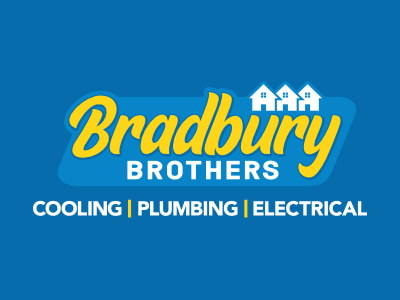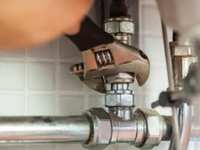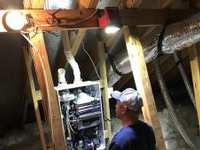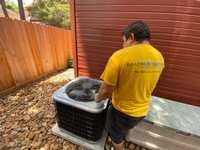The Pros and Cons To Getting A New Tankless Water Heater
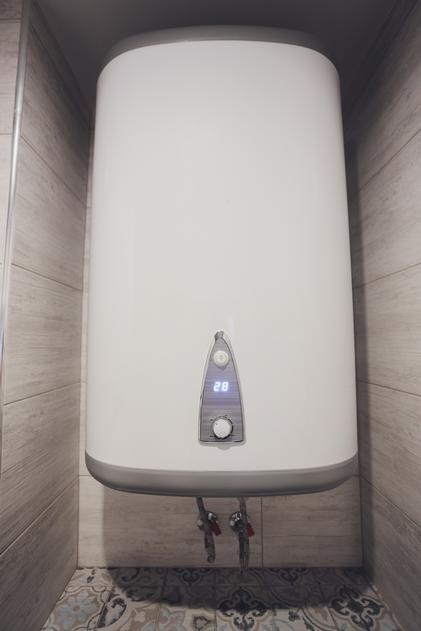
So, you’re considering making the switch to a tankless hot water heater? We bet you have questions. Luckily, the pros at Bradbury Brothers are here with the answers you need! In our handy water heater guide, we’ll explore everything you need to know before changing things up. We’ll go through all of the advantages and disadvantages of upgrading to a tankless unit so at the end of the day, you’ll be confident in making the best choice for you and your family.
Interested in a FREE quote on a tankless system? Connect with Bradbury Brothers now!
Energy Efficiency – Pro
Okay, let’s dive in. A huge benefit of a tankless system is its energy efficiency. If your home uses a lot of hot water, the Department of Energy estimates that going tankless means 8% – 14% better energy efficiency. Great news, considering that a water heater is typically the second largest energy sucking appliance in a home.
Even better news, however, is for homes that don’t use much hot water. Going tankless in lower-water usage homes means 24% – 34% better efficiency, which translates to big savings on your power bill. Why the difference? This system works to provide hot water only when you need it so your unit isn’t working hard keeping hot water hot all day – without it being used.
Installation Costs – Con
On average, replacing your standard tank water heater is less expensive than installing a tankless water heater. A standard hot water heater is about half the price of a tankless system. That estimate also extends into the installation costs. It costs about twice as much to have a plumber install a tankless system vs. a standard unit.
Standard Hot Water Heater – Total Estimated Cost Between $1,000 – $3,000
Tankless Hot Water Heater – Total Estimated Cost Between $2,000 – $6,000
Lifespan – Pro
While the sticker price may be a shock, you’ll be happy to know that you won’t get that bill too often. Tankless water heaters last significantly longer than standard tank water heaters. You can expect a tankless system to last upwards of 20 years. In contrast, a tank water heater will typically last about half that long, around 10 years.
Maintenance – A Wash
Like every other major appliance in your home, a water heater needs regular maintenance. While the specific service looks different between a tankless and a standard unit, they both need a flush and maintenance regularly for optimal performance.
Your local plumber should be able to get your system set up for regular service that will ensure your water heater runs well for as long as possible.
Repair Costs – Pro & Con
If your tankless system needs a repair, typically the cost to fix it will be more than for a standard tank system. The main reason for this is that it is a more complex system requiring more complex parts.
On the other hand, you’re less likely to fix a tank water heater. Many times the cost of a tank repair is close to what a new water heater would be and a plumber may not deem it worth the client’s money to fix an aging tank water heater. In contrast, with a tankless system that lasts twice as long, it’s much more cost-effective to fix a system vs. replace it. Even if the repair cost is higher, it would still be less expensive than replacing the unit.
Comfort – Pro
One of the best things about a tankless hot water heater is the hot water it produces. With a quality system that is regularly maintained, you can enjoy instant and endless hot showers!
Your Tankless Water Heater Experts
Interested in learning more about water heaters? We’re interested to hear from you! Contact our expert plumbing team today at (281) 607-5820.

